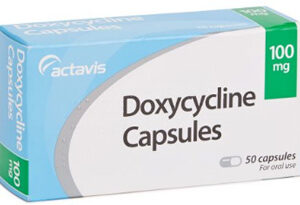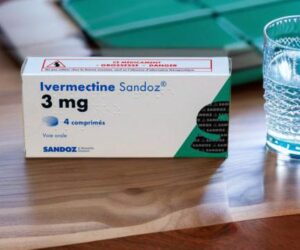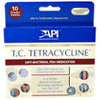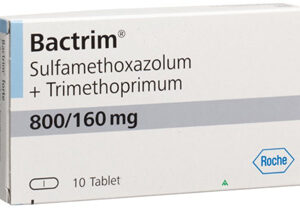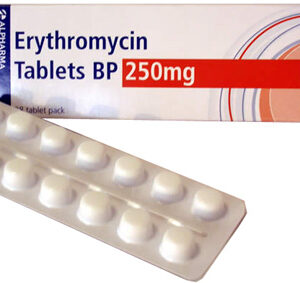Antibiotics
Antibacterial drugs are a type of medicine designed to combat infections caused by bacteria. These drugs can either directly kill bacteria (bactericidal) or prevent them from growing and multiplying (bacteriostatic), thus aiding the immune system in clearing the infection. Antibiotics are the most well-known class of antibacterial drugs and are used to treat a wide range of infections, from skin diseases to respiratory, urinary, and gastrointestinal infections.
The use of antibacterial drugs must be carefully monitored to prevent the development of bacterial resistance, an increasingly worrying phenomenon globally. Resistance occurs when bacteria mutate in response to drug exposure, becoming resistant to traditionally effective antibiotics. This makes some infections difficult, if not impossible, to treat with available antibiotics.
To combat antibiotic resistance, targeted use of these drugs is crucial for acute bacterial infections such as pneumonia, urinary tract infections, and meningitis. Proper usage entails selecting a specific antibiotic based on laboratory tests that identify the causative bacterium and its drug sensitivity. This ensures treatment effectiveness and reduces the risk of developing resistance. Additionally, the duration of antibiotic treatment should be limited to the strictly necessary period, avoiding misuse for viral infections, against which antibiotics are ineffective.
Showing 1–12 of 15 resultsSorted by average rating
-
Antibiotics
Doxycycline
-
Antibiotics
Amoxil
-
Antibiotics
Stromectol (Ivermectin)
-
Antibiotics
Tetracycline
-
Antibiotics
Ampicillin
-
Antibiotics
Bactrim
-
Antibiotics
Erythromycin
-
Antibiotics
Cephalexin
-
Antibiotics
Augmentin
-
Antibiotics
Cefixime
-
Antibiotics
Keflex
-
Antibiotics
Chloramphenicol



